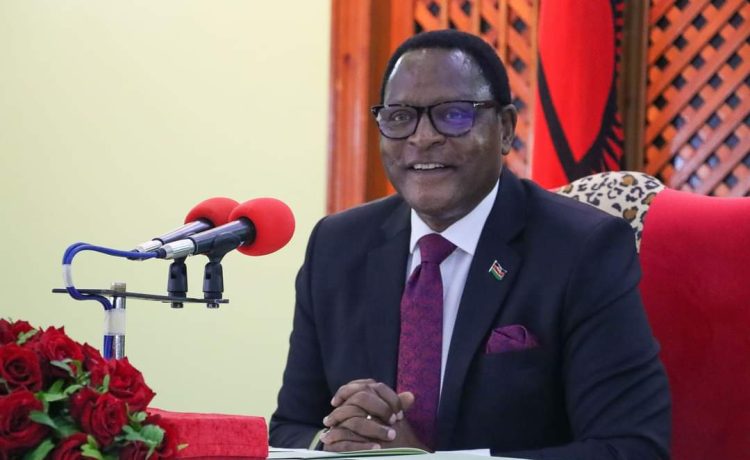The strategists of the Democratic Progressive Party (DPP) ought to engage in thoughtful introspection. Their facile incursion into the folds of Joyce Banda’s Peoples Party, orchestrating a surreptitious subversion of her administration that culminated in its downfall within a mere two years, stands as a testament to their strategic prowess. However, the current governance under the Malawi Congress Party (MCP) led by Lazarus Chakwera presents an entirely distinct scenario.
Unlike the Peoples Party of yore, the MCP stands as a bastion of tried and tested political fortitude. The gender dynamics that once bedeviled Joyce Banda’s leadership, succumbing to antiquated and uncivilized prejudices against women in authoritative roles, are not applicable here. Chakwera, embodying presidential qualities, presides over a party deeply entrenched in historical roots, rendering it impervious to the pitfalls encountered by Peoples Party of Joyce Banda.
Chakwera’s administration presently exudes a sense of command over the national landscape, with governmental structures gradually crystallizing into a cohesive entity. The presidential aura emanating from Chakwera himself further solidifies his stature as a statesman. The imprimatur of incumbency only enhances his political acumen, rendering him a compelling force in the political arena.
In stark contrast, Peter Mutharika, the standard-bearer of the DPP, emerges as a less-than-ideal candidate. The encumbrance of age is palpable, compounded by a track record marred by injudicious insults, nepotism, and divisive practices steeped in tribal and regional considerations. This mosaic of shortcomings unequivocally designates him as an unsuitable contender.
Consequently, the prevailing circumstances distinctly favor MCP and its nominee, Lazarus Chakwera, in the electoral equation, auguring well for their prospects under the imperative of a 50 percent plus one winning formula.













